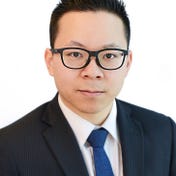
Book Author
Author of Essential Habits. I write about personal development, work and managing your career. Connect with me at www.wangyip.ca

Book Author
Author of Essential Habits. I write about personal development, work and managing your career. Connect with me at www.wangyip.ca